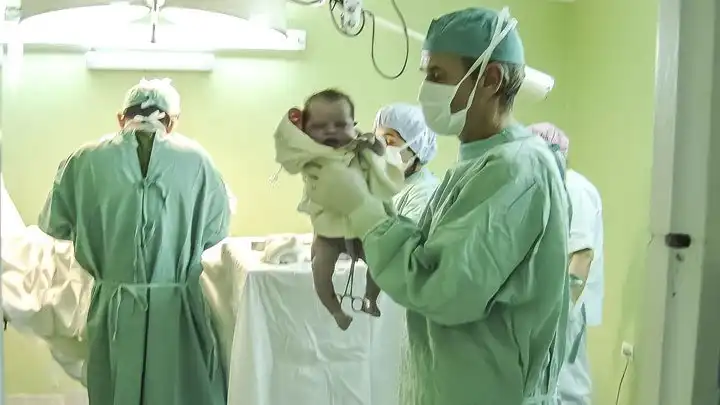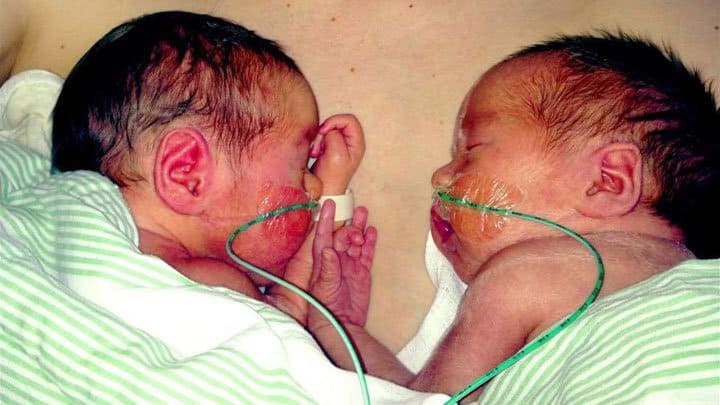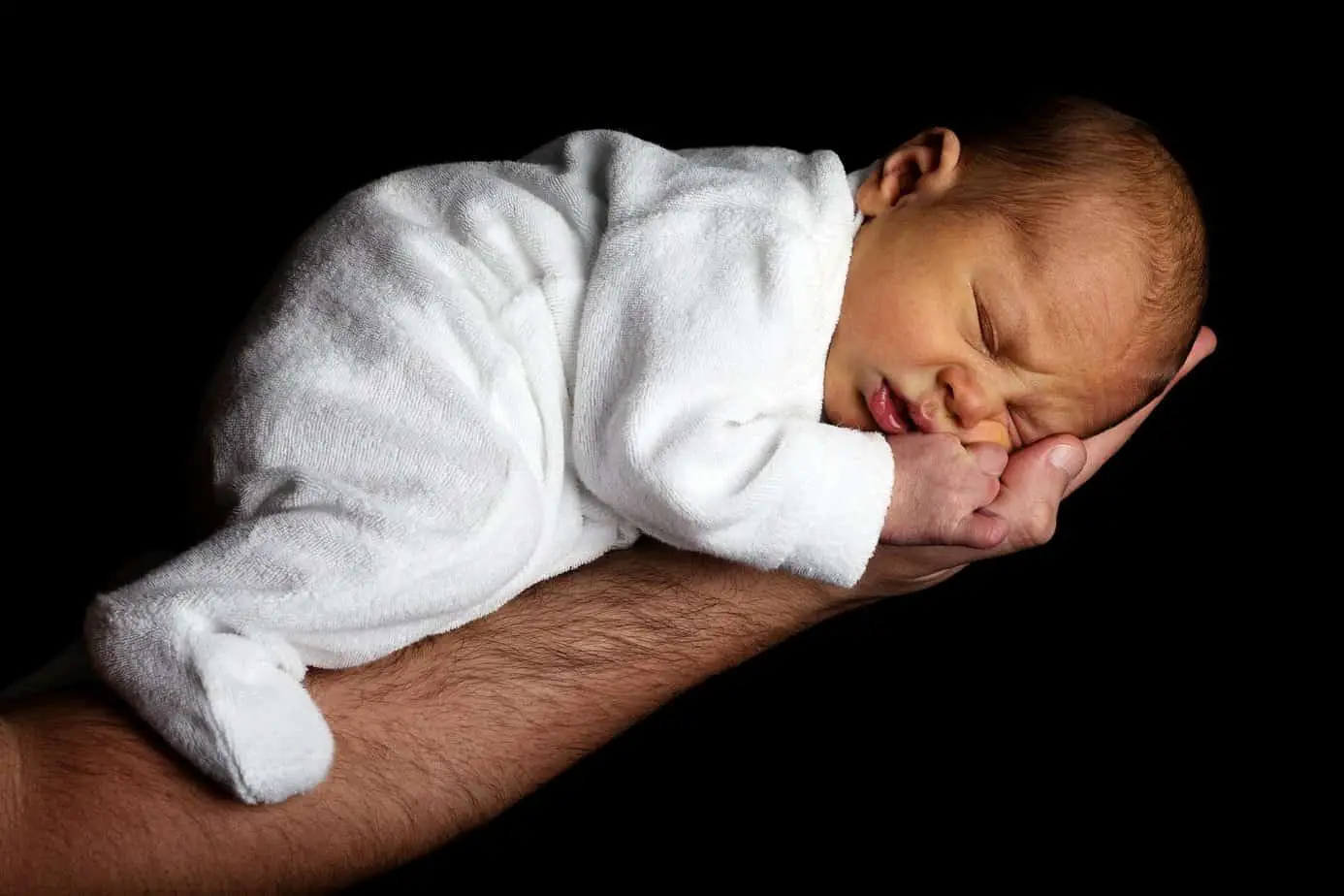Underweight Twin Moms are More at Risk of Preterm Birth
A new Canadian study looks at the outcomes of a high body mass index (BMI) in women pregnant with twins. The study results were published in the American Journal of Obstetrics and Gynecology in 2018. Obesity is associated with pregnancy complications like preeclampsia, gestational diabetes, preterm birth and c-sections in women pregnant with singletons. The researchers wanted to explore how BMI affects twin pregnancies. They compared a group of women pregnant with twins with a group of women pregnant with singletons.
High BMI doesn’t affect the risk of preterm birth
All women gave birth in Canada between 2012 and 2016. 492,151 women were included in the study. 98.4 percent were pregnant with a single baby, and 1.6 percent were pregnant with twins. The researchers found that the risk of preeclampsia and gestational diabetes increased with maternal BMI in both twins and singletons. However, women carrying singletons were more at risk than women carrying twins. The researchers also found that the risk of preterm birth for women carrying singletons increased when the mother had a high BMI. A high BMI didn’t affect the risk of preterm birth in twins.
NICU and Apgar score wasn’t affected by BMI
The risk of preterm birth in twins was highest for underweight women. The risk of admission to a Neonatal Intensive Care Unit (NICU) and low Apgar score in singletons increased with maternal BMI, but such an association was not observed in twins. The researchers concluded that the association between maternal BMI and unfavorable pregnancy complications differ between twin and singleton pregnancies. They recommend that care providers should be aware of the increased risk of preterm birth in underweight women with a twin pregnancy.
Read more about twin pregnancy and weight gain













